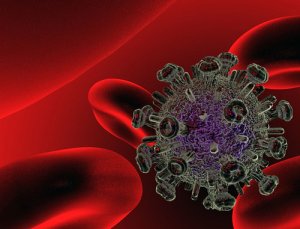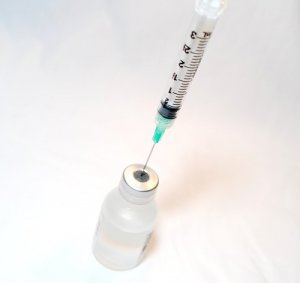
By: Kanijoman
There have been many studies that have been focusing on the neurological effects of the COVID-19 vaccines. Neurological conditions such as Guillain-Barre Syndrome have been impacting patients receiving the COVID-19 vaccines all over the world. Patients can become sensitive to inflammation and other neurological symtpoms that include htose of GBS.
WHAT IS IT?
“GBS” otherwise known as Gillain-Barre Syndrome, is a rare disorder in which the body’s immune system mistakenly attacks the nerves, triggering numbness, weakness and pain. Patients who are receving that COVID-19 vaccination are experiencing long term effects and the symptoms of GBS. Symptoms of GBS typically develop within 42 days of vaccination, and the first symptom is often numbness or tingling in your hands or feet. The typical progression of GBS is from the legs up to the arms over a one-week to four-week period which can be accompanied by progressive heaviness and weakness in the legs the arms. Also, later on, there can be difficulty with swallowing and breathing, but those are unlikely to be initial presentations. Other symptoms of GBS may include:
- Back pain.
- Muscle weakness.
- Heart rate or blood pressure problems.
Angelo Antonini, MD, PhD, University of Padua, Padua, Italy, debates the potential neurological consequences of the vaccines against SARS-CoV-2. The mRNA COVID-19 vaccines cause the expression of the spike protein of SARS-CoV-2 in the host, which is implicated in the immune reactions observed during COVID-19 infections. Therefore, there are concerns that the expression of the spike protein due to the vaccine can cause similar reactions. However, until now, evidence suggests that the vaccine is well-tolerated as there is no evidence of long-term effects after vaccination, except for some cases of Guillain-Barré syndrome.
THE TRUTH

By: NIAID
In comparison Jarrahi et al. shows research defining whether COVID vaccines initiates peripheral immune activation such as Gullian Barre and/or affects brain function (p. 2). These studies also were used to identify patient populations at the highest risk for developing neurological symptoms. Undoubtedly, biological variables, including sex, age, comorbid conditions, pre-existing neurological diseases, and other undefined genetic polymorphisms dictate the clinical course of COVID-19. Jarrahi et al. also states that it still remains unclear whether GBS manifestation is a coincidental presentation during SARSCoV-2 infection or whether this represents a causative
relationship (p. 3). Its clear that effects of COVID-19 can lead to neurological brain symtpoms, but it is still not a positive fact on wether or not its causing patients to have GBS. The likelyhood of patients being diagnosed with GBS after being vaccinated is extremely small. Afterall, its much more common to develop GBS develops after and infection not a vaccine.
References:
Antonini, A. (2021). Neurological disorders & COVID-19 vaccines. VJNeurology. Retrieved from: https://www.youtube.com/watch?v=pQXq9YbXXYM
Jarrahi, A., Ahluwalia, M., Khodadadi, H., da Silva Lopes Salles, E., Kolhe, R., Hess, D., Vale, F., Kumar, M., Baban, B., Vaibhav, K., Dhandapani, K. (2020). Neurological consequences of COVID-19: what have we learned and where do we go from here? Journal of Neuroinflammation, 17(1), 1-11.
Zeneca, A. (2020). COVID-19 vaccine neurological complication. NeuroscIQ. Retrieved from: https://www.youtube.com/watch?v=olRgaoi-N90&t=25s
